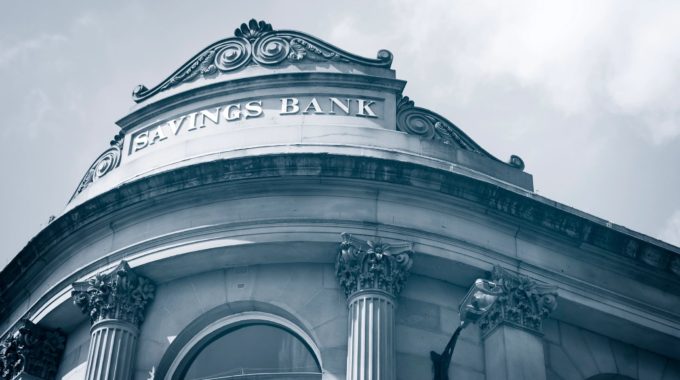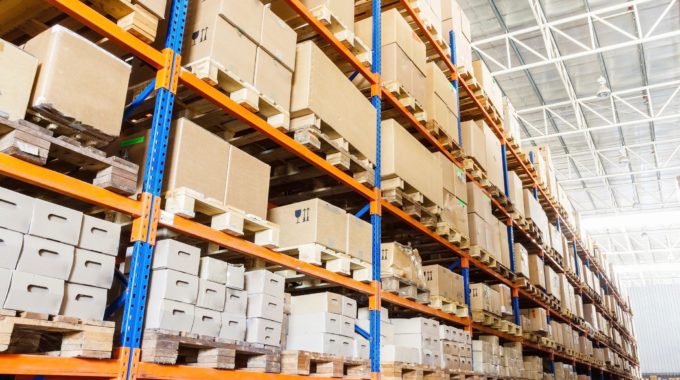A business line of credit is quite similar to personal lines of credit. The financial…

Equipment Finance & Leasing
6.
Equipment Finance & Leasing
Another way to keep equipment costs down is to lease instead of buy. These days, just about anything can be leased–from computers and heavy machinery to complete offices. The kind of business you’re in and the type of equipment you’re considering are major factors in determining whether to lease or buy. If you’re just starting out and only need one computer, for instance, it probably makes more sense to buy. On the other hand, if you’re opening an office that will have several employees and require a dozen computers, you may want to look into leasing.
According to the Equipment Leasing Association of America, approximately 80 percent of U.S. companies lease some or all of their equipment, and there are some thousands of equipment-leasing firms nationwide catering to that demand.
Leasing advantages include: making lower monthly payments than you’d have with a loan, getting a fixed financing rate instead of a floating rate, benefiting from tax advantages, conserving working capital and avoiding cash-devouring down payments, and gaining immediate access to the most up-to-date business tools. The equipment also shows up on your income statement as a lease expense rather than a purchase. If you purchase it, your balance sheet becomes less liquid.
Leasing also has its downside, however: You may pay a higher price over the long term. Another drawback is that leasing commits you to retaining a piece of equipment for a certain time period, which can be problematic if your business is in flux.
Every lease decision is unique, so it’s important to study the lease agreement carefully. Compare the costs of leasing to the current interest rate, examining the terms to see if they’re favorable. What is the lease costing you? What are your savings? Compare those numbers to the cost of purchasing the same piece of equipment, and you’ll quickly see which is the more profitable route.
Because they tend to have little or no credit history, startups often find it difficult or even impossible to lease equipment. However, some companies will consider your personal rather than business credit history during the approval process.
If you decide to lease, make sure you get a closed-end lease without a balloon payment at the end. With a closed-end lease, nothing is owed when the lease period ends. When the lease period terminates, you just turn the equipment in and walk away. With an open-end lease, it’s not that simple. If you turn in the equipment at the end of the lease and it’s worth less than the value established in the contract, you’re responsible for paying the difference. If you do consider an open-end lease, make sure you’re not open to additional charges such as wear and tear.
Finally, balloon payments require you to make small monthly payments with a large payment (the balloon) at the end. While this allows you to conserve your cash flow as you’re making those monthly payments, the bad news is, the final balloon payment may be more than the equipment is worth.
There are many different avenues through which you can secure an equipment lease:
-
Banks and bank-affiliated firms that will finance an equipment lease may be difficult to locate, but once found, banks may offer some distinct advantages, including lower costs and better customer service. Find out whether the bank will keep and service the lease transaction after it’s set up.
-
Equipment dealers and distributors can help you arrange financing using an independent leasing company.
-
Independent leasing companies can vary in size and scope, offering many financing options.
-
Captive leasing companies are subsidiaries of equipment manufacturers or other firms.
-
Broker/packagers represent a small percentage of the leasing market. Much like mortgage or real estate brokers, these people charge a fee to act as an intermediary between lessors and lessees.



